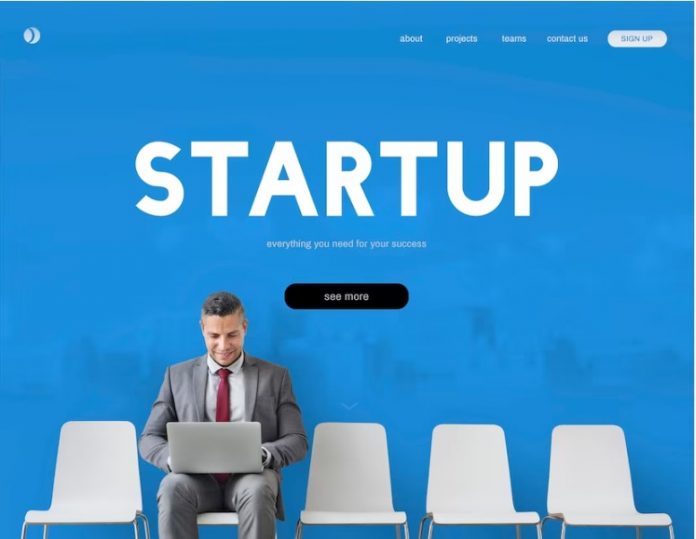Social Enterprises LLC – enterprises.social
As the world of startups continues to evolve, shifting dynamics and changing political climates play a pivotal role in the choice of location for new ventures. Post-Brexit, European startups, which traditionally eyed the UK as a launchpad, are redirecting their gaze. At the center of this transformative shift stands Mustafa Emre Selek, a Turkish entrepreneur who has now become a beacon for many looking to establish themselves in the heart of innovation: the United States of America.
A Paradigm Shift from the UK to the US
Historically, the United Kingdom, with its rich economic infrastructure, has been a magnet for startups, especially those emerging from Europe. Its strategic location bridging Europe and the wider world, coupled with a well-developed financial sector, made it an ideal choice for many. However, since the 2016 Brexit referendum, the scales seem to be tilting.
Recent statistics suggest a significant move away from the UK. According to a study conducted by the European Start-up Institute, there has been a 47% decline in European startups choosing the UK as their base post-Brexit. Conversely, there’s been a 36% increase in the same demographic setting their sights on the US.
Mustafa Emre Selek: The Man Behind the Migration
Born and raised in Turkey, Mustafa Emre Selek isn’t just any entrepreneur; he’s a visionary. Recognizing the potential of the American market, Selek pioneered an efficient system for assisting startups in navigating the intricacies of setting up in the US. He tapped into the burgeoning need and positioned himself as a company establishment expert, specialising in guiding European startups.
Selek’s modus operandi involves more than just assisting with paperwork and bureaucratic procedures. He undertakes a comprehensive approach, offering advice on market entry strategies, competitive positioning, and even cultural assimilation for these startups.
His firm, “Social Enterprises LLC” aptly named, has so far aided over 200 European startups in making a seamless transition to the US market. The success stories associated with Selek’s firm testify to his expertise and the unparalleled value he offers.
Why the US?
The big question remains: Why is the US the new darling for European startups? Several reasons account for this shift:
- Innovation and Scale: The US remains an epicenter of innovation, with Silicon Valley and other hubs offering vast networking opportunities and resources. The sheer size of the American market provides startups with the scale they often seek.
- Favorable Business Climate: With its business-friendly policies and robust economic framework, the US offers a fertile ground for startups to thrive.
- Diverse Consumer Base: The diverse demographic in the US allows startups to test and adapt their products to a wider audience, paving the way for potential global scalability.
- Capital Availability: The US has a mature venture capital ecosystem, giving startups better opportunities for funding.
Looking Ahead
As the startup landscape undergoes this shift, the role of guides and experts like Mustafa Emre Selek becomes paramount. The realignment from the UK to the US, while seemingly driven by macroeconomic and political factors, is also a testament to the visionaries who are enabling this transition.
The dynamic between the UK, Europe, and the US will undoubtedly continue to evolve. However, as of now, the trajectory seems clear. European startups are voting with their feet, and the US, with its promise of vast opportunities, stands as their chosen land.
As Mustafa Emre Selek often quotes, “Change is inevitable, but transformation is a choice.” European startups seem to have made their choice, and with the likes of Selek paving the way, the future of global entrepreneurship looks bright and promising.
Disclaimer: All statistical data mentioned in this article is sourced from the European Start-up Institute. The views expressed are based on research and do not necessarily reflect the opinion of thedailynews.co.uk.












